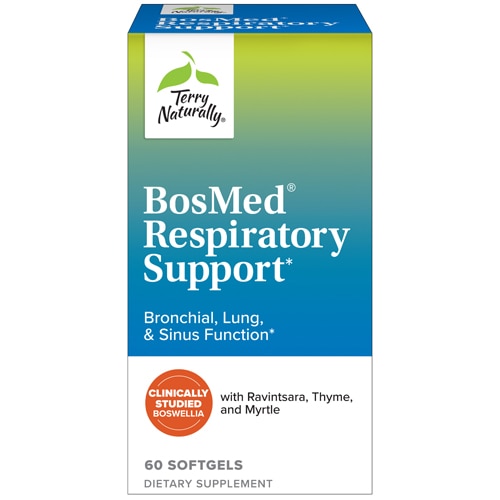The findings of a new study literally might help asthma sufferers breathe easier.
The study, published in the European Lung Foundation’s European Respiratory Journal, underscores that a healthy diet can lead to fewer asthma symptoms, while an unhealthy diet can be detrimental.
So, how do the authors of the study differentiate a healthy diet from an unhealthy diet?
The healthy anti-asthma diet features more consumption of fruits, vegetables and whole grain cereals, the researchers say, while the unhealthy asthma-worsening diet involves more consumption of meat, salt and sugar. The researchers say a healthy diet offers anti-inflammatory benefits that can diminish asthma symptoms, whereas the unhealthy diet promotes inflammation that can aggravate symptoms.
The study relied on data from 34,776 French adults who answered a questionnaire as part of a 2017 study. Among those adults, 28 percent of women and 25 percent of men reported at least one symptom of asthma.
In examining the data, researchers found that men who followed healthier diets had a 30 percent lower chance of experiencing symptoms of asthma and women had a 20 percent lower chance. In the U.S., asthma affects more than 25 million people.
The researchers say their findings highlight the value of healthy diets in preventing asthma symptoms and managing the disease. However, they add that longer-term studies are needed to confirm the study’s results.
Mina Gaga, president of the European Respiratory Society, says in a news release: “Healthcare professionals must find the time to discuss diet with their patients, as this research suggests it could play an important role in preventing asthma.”
Given this new dietary knowledge, which foods should you eat and avoid if you’ve got asthma?
The Cleveland Clinic, the Mayo Clinic and Stanford Children’s Health offer these insights:
- People with severe asthma might have depleted levels of vitamin D. To bump up your vitamin D intake, you might try eating more milk, eggs and fish.
- Milk, eggs, fish and shellfish also can trigger asthma symptoms in some people, so you might actually want to avoid them, along with peanuts, tree nuts, soy and wheat.
- For some asthma sufferers, sulfites might prompt symptoms. If that’s the case for you, stay away from sulfite-heavy wine, dried fruits, pickles, and fresh and frozen shrimp.
- Food additives such as colorings, dyes and preservatives, along with the artificial sweetener aspartame, might trigger asthma symptoms, but there’s no conclusive scientific evidence to back this up.
Other foods you might want to include in an anti-asthma diet include those chock-full of beta carotene (such as carrots, spinach and kale) and those rich in magnesium (such as legumes and green leafy vegetables).
Keep in mind that there’s no single diet or food recommended for asthma sufferers; a combination of adding or subtracting various foods from your diet is likely your best bet. As always, consult your doctor or a nutrition professional before making substantial changes in your eating habits.
Susan Schenck, author of “The Live Food Factor: The Comprehensive Guide to the Ultimate Diet for Body, Mind, Spirit & Planet,” says she learned through research as well as trial and error that alleviating asthma has more to do with what you don’t eat than what you do eat. As such, she discovered that eliminating dairy, egg whites and coconut oil from her diet has helped treat her asthma.
Registered and licensed dietitian Alicia Galvin notes that a gluten-free diet also might aid in coping with asthma. A 2011 study published in the Journal of Allergy and Clinical Immunology established a link between celiac disease, characterized by a severe intolerance to gluten, and a greater risk of asthma.
Food allergies in general also might play a role in asthma. For instance, a 2011 study concluded that children with food allergies and asthma are more likely to have near-fatal or fatal allergic reactions to food and are more likely to have severe asthma.
“Having food allergy and asthma places people at greater risk for morbidity and mortality,” the study says. “With heightened awareness of the relationship between these two entities, management of food allergy and asthma and recognition of food-triggered asthma exacerbations may improve treatment and prevent severe reactions.”




